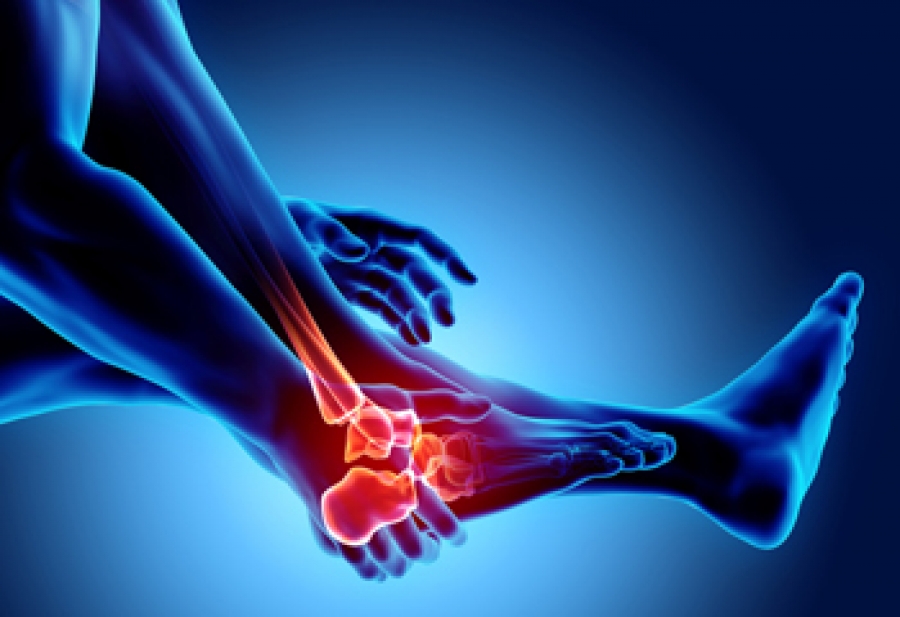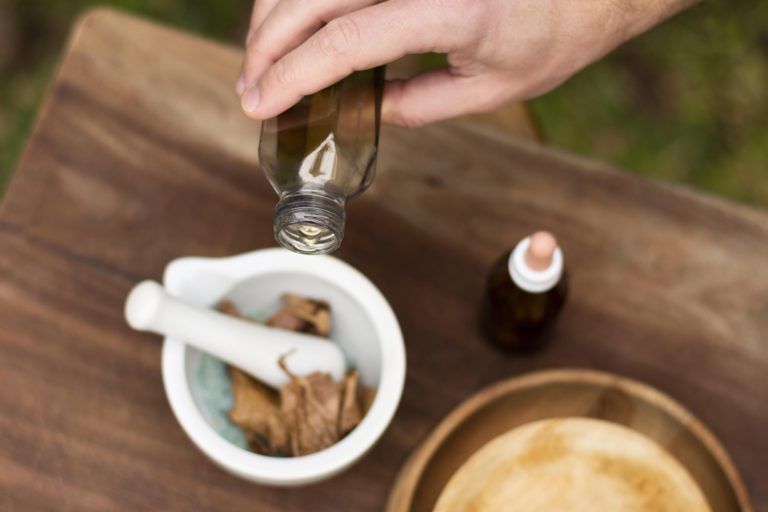Rheumatoid Arthritis is a chronic autoimmune disorder that affects millions of people worldwide. It is a condition that causes the body’s immune system to mistakenly attack healthy joint tissues, causing inflammation, pain, and stiffness. Although there are many conventional treatments available, more and more people are beginning to opt for an Ayurveda treatment for Arthritis to manage their symptoms. Ayurveda is a natural system of medicine that originated in India thousands of years ago. It involves using herbs, diet, and lifestyle changes to restore balance and improve overall health.
What is Rheumatoid Arthritis?
Rheumatoid Arthritis is an autoimmune disorder that affects the joints, causing inflammation, pain, and stiffness. It can also affect other parts of the body, such as the skin, eyes, lungs, and heart. Rheumatoid Arthritis is more common in women than men and usually develops in middle age, although it can occur at any age.
Ayurveda’s Role in the treatment of Rheumatoid Arthritis:
Ayurveda is a traditional system of medicine that originated in India thousands of years ago. It is a holistic approach to healthcare that emphasizes the balance of the body, mind, and spirit. Ayurveda believes that Rheumatoid Arthritis (RA) is caused by an imbalance in the body’s doshas, or energy centres. According to Ayurveda, RA is caused by an imbalance in the vata and pitta doshas, which leads to inflammation and pain in the joints.
Ayurveda provides a natural and holistic approach to managing RA. The treatment approach involves a combination of dietary changes, herbal remedies, and lifestyle modifications. Here are some of the ways Ayurveda can help manage Rheumatoid Arthritis:
• Dietary changes: Ayurveda recommends a diet that is rich in anti-inflammatory foods such as ginger, turmeric, garlic, and green leafy vegetables. It is also important to avoid foods that are high in saturated fats, sugar, and processed foods, which can worsen inflammation.
• Herbal remedies: Ayurvedic practitioners use a variety of herbs to manage RA symptoms. Some of the commonly used herbs include ashwagandha, turmeric, ginger, and boswellia. These herbs have anti-inflammatory properties and can help reduce pain and inflammation in the joints.
• Lifestyle modifications: Ayurveda recommends regular exercise and yoga to manage RA symptoms. These activities can help improve joint mobility, reduce stiffness, and improve overall physical and mental health. Additionally, stress management techniques such as meditation and deep breathing exercises can help manage stress and reduce inflammation.
Herbs Used in Ayurvedic Treatment for Rheumatoid Arthritis:
Ayurveda uses a variety of herbs in the treatment of Rheumatoid Arthritis. Some of the commonly used herbs are:
• Ashwagandha: It has anti-inflammatory and analgesic properties that help in reducing pain and inflammation.
• Guggulu: It has anti-inflammatory and anti-arthritic properties and is used to reduce joint stiffness and pain.
• Ginger: It has anti-inflammatory and pain-relieving properties that help in reducing pain and inflammation.
• Turmeric: It has anti-inflammatory and antioxidant properties that help in reducing pain, inflammation, and swelling.
Diet and Lifestyle Changes for Rheumatoid Arthritis:
Ayurveda believes that diet and lifestyle play a crucial role in managing Rheumatoid Arthritis. It recommends a diet that is easy to digest, includes warm, nourishing foods, and avoids cold, dry, and processed foods. Ayurveda also recommends daily exercise, yoga, and meditation to manage stress, improve circulation, and strengthen the joints.
Other Ayurvedic treatments for Rheumatoid Arthritis
In addition to dietary changes and the use of herbs, Ayurveda offers a variety of treatments for Rheumatoid Arthritis (RA). These treatments aim to address the root cause of the disease and provide relief from its symptoms. Here are some of the Ayurvedic treatments for Rheumatoid Arthritis:
• Panchakarma: Panchakarma is a set of cleansing and rejuvenating therapies that aim to eliminate toxins from the body and restore balance to the doshas. These therapies can help reduce inflammation and pain in the joints. The Panchakarma therapies include Vamana (emesis therapy), Virechana (purgation therapy), Basti (enema therapy), Nasya (nasal therapy), and Raktamokshana (bloodletting therapy).
• Abhyanga: Abhyanga is a form of Ayurvedic massage that involves the application of warm herbal oils to the body. This massage can help reduce stiffness, improve joint mobility, and promote relaxation.
• Swedana: Swedana is a form of heat therapy that involves the use of steam to induce sweating. This therapy can help reduce inflammation and pain in the joints.
• Yoga: Yoga is a form of exercise that combines physical postures, breathing techniques, and meditation. Yoga can help improve joint mobility, reduce stiffness, and promote relaxation.
• Meditation: Meditation is a practice that involves focusing the mind and achieving a state of calmness and relaxation. Meditation can help manage stress, reduce inflammation, and promote healing.
• Ayurvedic oils: Ayurvedic oils such as Mahanarayan oil, Maha Mash oil, and Mahavishgarbha oil can be used topically to reduce inflammation and pain in the joints.
• Chyawanprash: Chyawanprash is an Ayurvedic herbal jam that is rich in antioxidants and can help boost the immune system. It can also help reduce inflammation and improve overall health.
Final Words
Rheumatoid Arthritis can be a debilitating condition that affects the quality of life of those who suffer from it. While conventional treatments can help manage symptoms, Ayurveda offers a natural and holistic approach to managing Rheumatoid Arthritis.
Ayurveda uses herbs, diet, and lifestyle changes to restore balance and improve overall health, providing relief from pain and inflammation. If you are suffering from Rheumatoid Arthritis, consider exploring an Ayurveda treatment in Kerala with the experts at Ishani Ayurveda, who can provide personalized treatment plans to help you manage your condition and improve your overall health.





